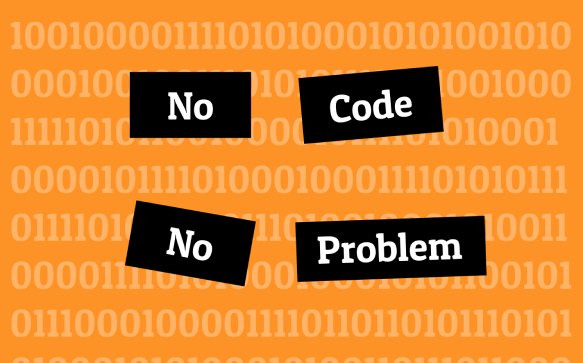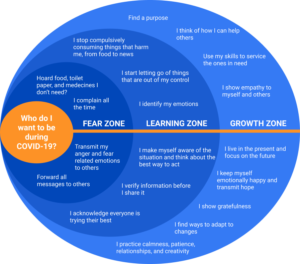There are lots of articles out there focused on what it takes to start a company. Most of these focus on things like ‘you’re passionate about your idea’, or ‘you have a solid business plan’. I’d like to provide a slightly different look at some of the aspects that people don’t talk about when it comes to deciding on whether or not to take the plunge:
Know Who You Are
This may sound a little fluffy, but in my experience, this is perhaps the most important question, maybe even more important than whether you have a good idea. Without knowing your strengths and weaknesses, you won’t know what resources and complementary skills you’ll need to bring on board, and if your idea has a high chance of remaining just a good idea.
How do you know who you are? Ask trusted people, both personal relationships and professional connections. Think back through past performance reviews and social feedback. Successful founders need to have the right blend of confidence and humility: without introspection and self-awareness, you won't have a reasonable sense of your skills and how you can move your idea forward.
You Have a Growth Mindset
Yes, growth mindset is trendy, but it’s also dead-on-point. A huge part of founding a company is having an unflinching ability to turn hardship into learning; to look past setbacks and think about how you’ll do it differently tomorrow.
Remember that having a growth mindset is NOT about always being positive, working hard, and praising or rewarding effort. It’s about turning experiences - good and bad - into growth. In addition, as a founder, you’ll need to lead and inspire others. Help them see that you have the ability to turn experience into movement forward, even if you take a few steps or sideways on the way. Dr Carol Dweck professor of psychology at Stanford, wrote a book called "Growth Mindset" and if you have felt stuck for several years, it's eye-opening.
“In a growth mindset, challenges are exciting rather than thinking, ‘Oh I'm going to reveal my weaknesses’, you say, ‘wow, here's a chance to grow’."
Dr. Carol Dweck
You Have a Support Network
As I’m sure you’ve heard before, starting a company is hard. Really hard. You’ll need people ready to pick you up, or call you out when you’re headed down the wrong path. Your support network should have a mixture of people who are ready to remind you that you’re special and courageous, as well as those who won’t be afraid to tell you you’re wrong.
You’re Certain that Uncertainty Doesn’t Scare You
This one ties back to having a growth mindset, but it’s worth calling out on its own. The one thing you can be certain of is that you’ll face many moments of uncertainty. Embracing that uncertainty, and developing strategies for managing through uncertainty, is critical for navigating the different twists and turns you’ll take as you launch your business. Think back over your experiences at work and in your personal life. If you see evidence of embracing and working through uncertainty, that’s a good sign.
You Don’t Have a Clear View of the Finish Line
This one may seem counterintuitive. Don’t get me wrong: when you get in front of your first potential investor, you better have an air-tight story for different potential exits for your business if you plan to raise money. But the reality is that the real finish line for your business will look quite different from what you imagine now. Imagine multiple finish lines, and understand what are the signs you’ll see along the way to help you know which ones you’re headed towards and which ones you’re heading away from.
A good friend of mine, Dr. Peter Scoblic, recently published a great article in the Harvard Business Review on strategic foresight. One of the pillars of his approach is imagination. If you love imagining possible futures, then bring that same practice to your new business. It’s easy to get consumed in the day-to-day stresses when you start a company. Your imagination will serve you well as you navigate the uncharted waters of starting a new venture.
| MORE ARTICLES
Nick is a serial entrepreneur with deep product and operational experience built through leadership roles across multiple Fortune 500 companies and startups, including a successful exit to Microsoft for BlueStripe Software where Nick was the VP of Product.





